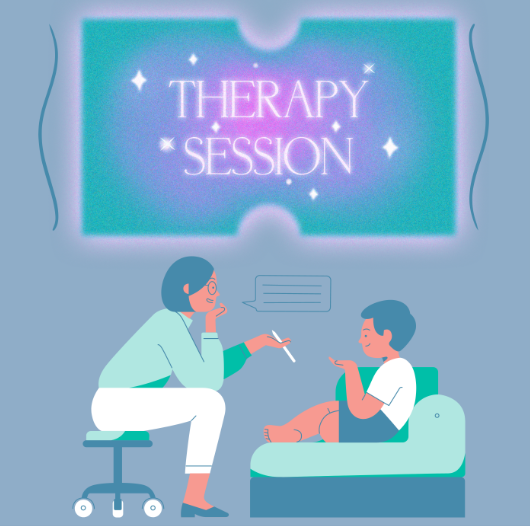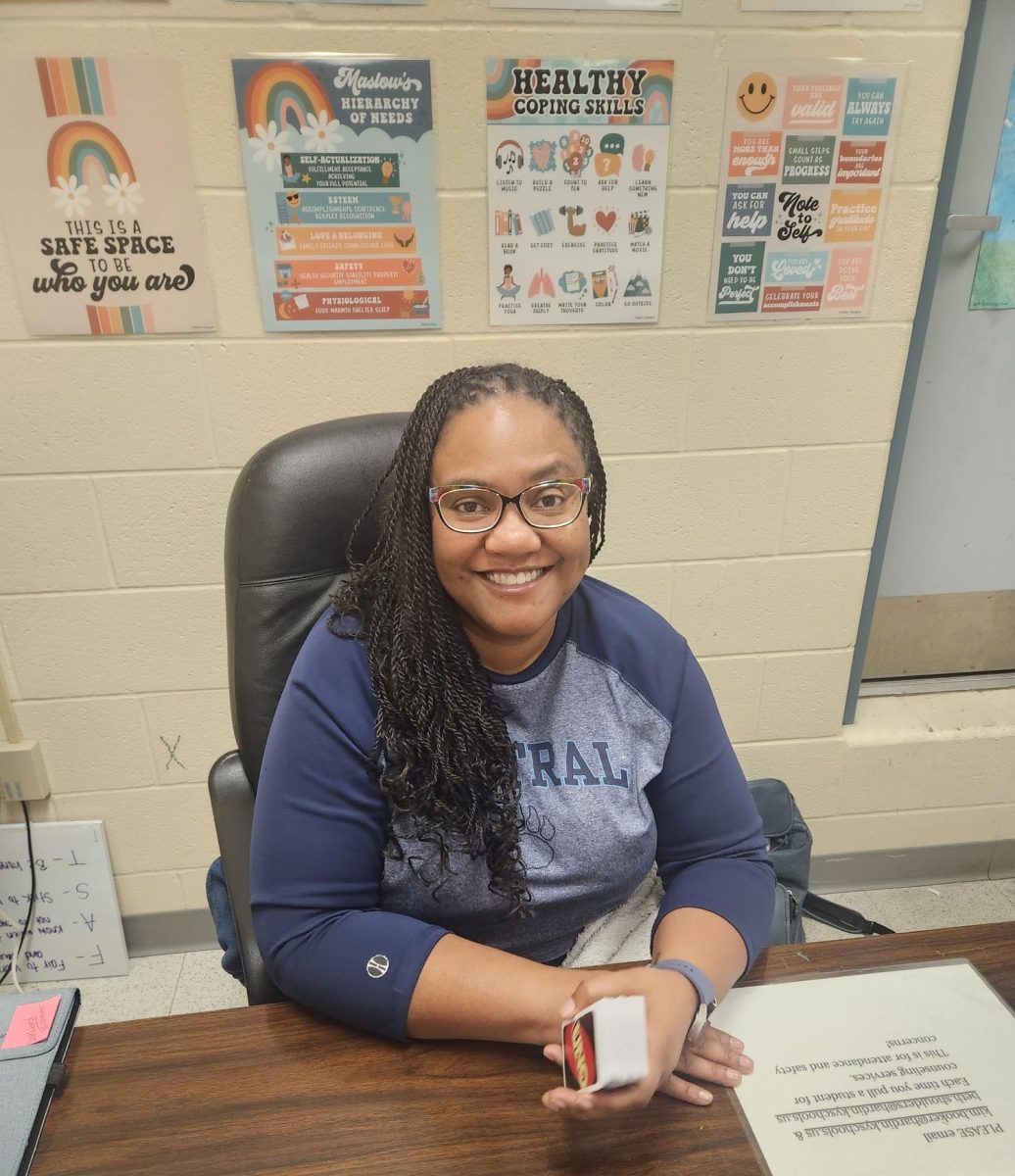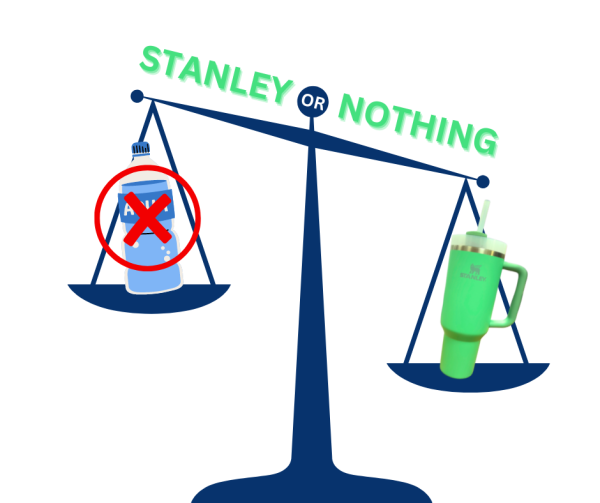The Value of Therapy
CHHS Diversity Series: Students Share Their Unique Experiences and Thoughts on Therapy
February 23, 2023
As a representative of the student body and Bruin community, I seek to shed light on the different experiences, backgrounds, and stories of those who join me in the classroom day after day. Mental health is one particular genre of diversity I wish to tackle with seriousness and sincerity, for the struggles of teenagers both in and out of school are vast and varying; they are diverse.
After analysis and reflection of the CHHS Diversity Audit results, it was noted that 75.5% of the 271 respondents had struggled with mental health at some point in their life. 57.6% of this population have not been diagnosed with any mental health condition, and 74.5% do not take any medication on behalf of their mental health. Of course, medication is not the only method of improving one’s mental health. There are many strategies found to have positive results, one of the most common and beneficial being therapy.
According to a survey conducted by the American Psychological Association the number of psychologists who reported receiving more referrals in 2021 almost doubled from 2020 (from 37% to 62%). It is safe and supported to conclude that more Americans are utilizing therapy as a tool of support in their lives. Stereotypically, therapy is itemized down to in-person one-on-one sessions where an individual speaks with a psychologist about their struggles, whatever they may be. Thanks to the media, this being television, movies, social media, etc., therapy has acquired rather negative stigmas, casting a negative light upon those who may be attending.
The unfortunate truth is that many individuals are ashamed to go to therapy or ashamed to ask for help out of fear of being labeled as “crazy” or “depressed,” when the act of attending therapy is really no different than going to a doctor’s appointment. Both appointments are for the betterment of one’s health, both physical and mental, and it is important to remember that therapy can come in many forms and be attended for many varied reasons all dependent on the patient.
Seeking help from a mental health expert can have great benefactors, especially when one is:
- facing a significant crisis
- dealing with a period of anxiety or depression
- coping with a major life transition
- navigating complicated family dynamics
- grappling with problems in a relationship
- addressing or recovering from addiction or substance abuse
- wanting to make changes for better mental and emotional health
Every reason and journey to therapy is different, because everyone has a story; everyone has their own struggles. At CHHS, there are 1,898 different stories, some filled with hardships some cannot imagine. 69% of The Value of Therapy survey takers said that they had attended therapy at least at some point in their lives, and many were anonymously willing to vocalize their experience.
“I had gotten very depressed and I had been for a few years. I went to therapy because I was self harming” one student shared. “My friends saw and told the teacher I’ve been to therapy since. I’m now a year and 10 months clean. I’m also on antidepressants which help a lot and I’m so glad they told a teacher.”
“I was having a rough time in my household and trying to navigate my feelings while issues were arising,” another student explained.
While parents, siblings, and relatives in any fashion are often some of those closest to us, they can also cause us immense pain and emotional turmoil. This is the unfortunate truth for more students than first believed, and one way to inspire change within the household is through therapy. Couples therapy is a commonly known form as well as family-based. Realistically, such sessions may be uncomfortable, but sometimes that discomfort is the catalyst towards something new and positive. The quality of relationships can drastically improve through mere discussion monitored by a licensed therapist.
While 85% percent of therapy-attending respondents were individualized patients, meaning they were going to one-on-one sessions with a physician for a unique reason, 10% of the therapy-goers had gone for assistance with speech.
“I had trouble with pronouncing the ‘R’ in some words,” one student disclosed.
Regardless of the reason, therapy offers a broad array of benefits for anyone and everyone. Of course, not every tale can be a success story, but 80% of CHHS respondents who attended therapy found it to be beneficial. Therapy can educate and enlighten across so many spectrums. It can help one realize unhealthy habits or coping skills, and reversely, how to replace them with healthy mechanisms. It can offer an outside perspective on a situation or relationship, and open one’s eyes to the underlying problems, components, or solutions when moving forward.
“I learned the difference between rational and irrational thinking patterns and how to prevent irrational thinking,” one student said.
In a different sense, therapy can offer a period of escape from triggers or outside factors contributing to the struggle at hand. With the right therapist, a session can provide a safe space where the shield you front can fall and the emotions bubbling beneath the surface can bounce off the walls. Conversing with a trusted adult who can promise confidentiality within your allotted time can be freeing in a way that speaking with those immersed in your life maybe cannot quite offer.
“I think talking to friends, family, or any adult you trust is wonderful & needed, but there are many benefits in discussing your own experiences and things you may need to work on to a licensed professional in a safe place with no judgment,” one Bruin explained.
For the 31% of survey respondents who had not attended therapy, value was still seen and understood in seeking guidance from a psychologist or therapist. In fact, 55% of those who have not attended therapy would consider going in the future.
“I think everyone needs therapy,” one student declared.
Let these words of wisdom from those who have attended therapy and those who have not, stick with you in your future endeavors. As evolving adolescents, our lives, routines, childhoods, families, and environments can foster stress, anxiety, depression, and other struggles that we should not have to navigate alone. Therapy can be a tool that will adapt to you as an individual, embracing your diverse life, rather than stigmatizing you down to a certain stereotype.
The Central Times encourages you to open your mind and heart to the idea of therapy if you are not already involved, for the value and effects may be groundbreaking.



























